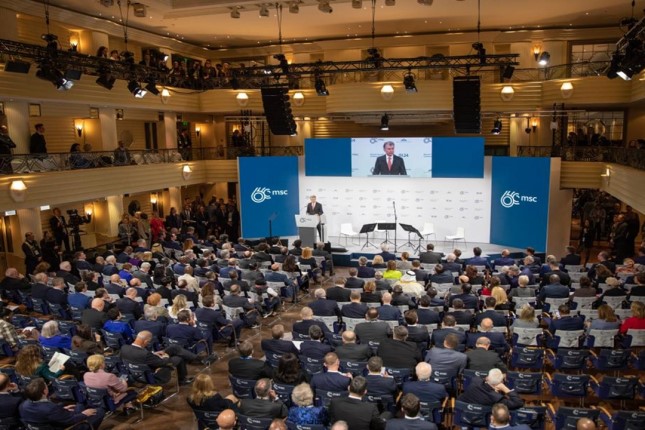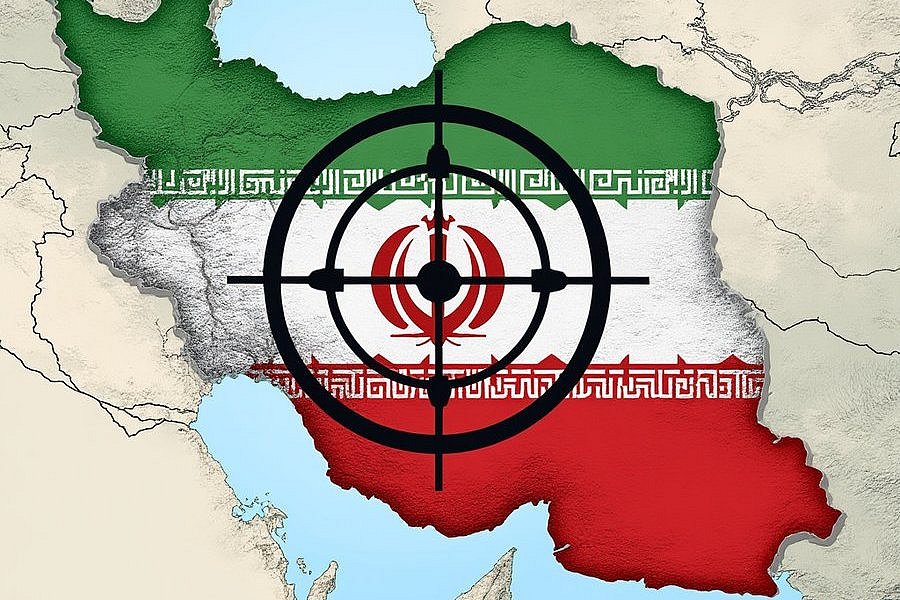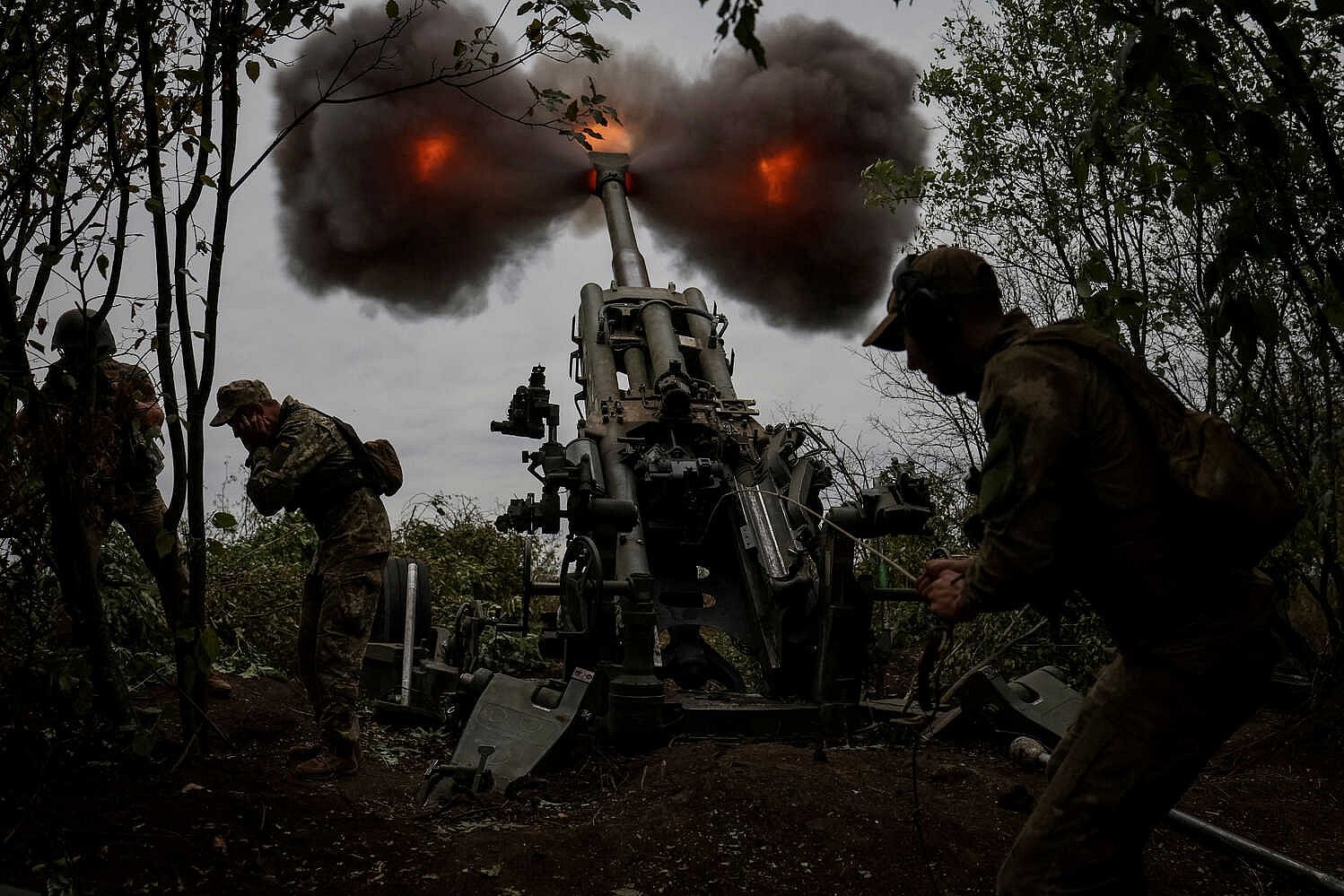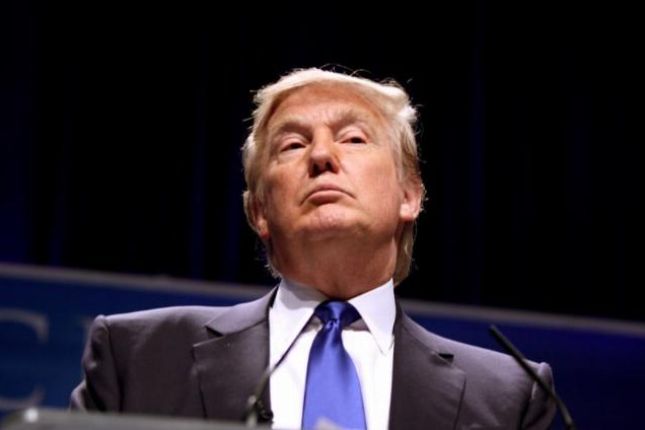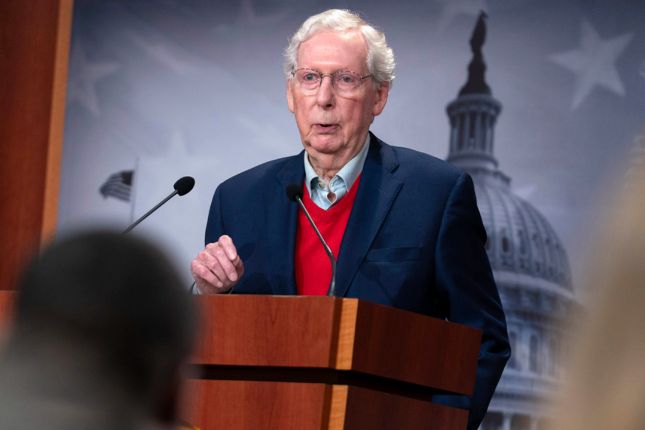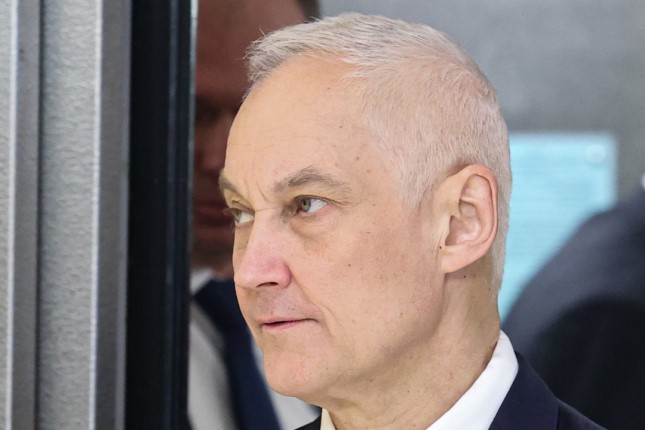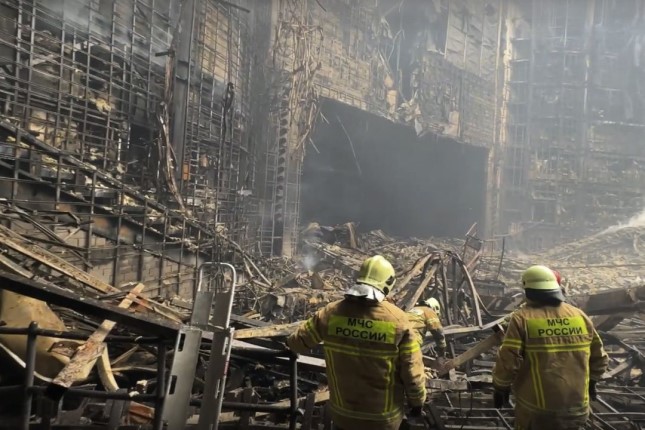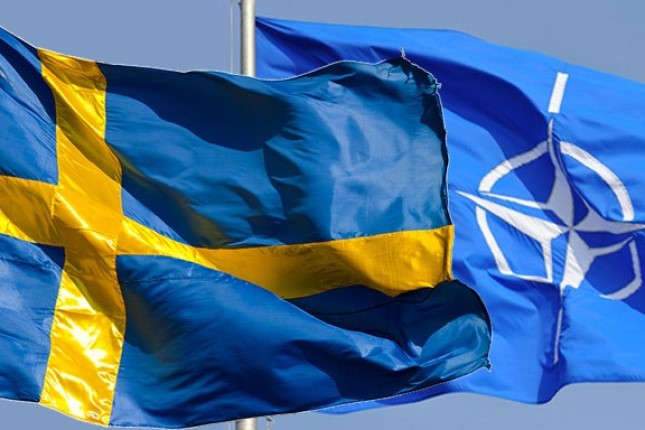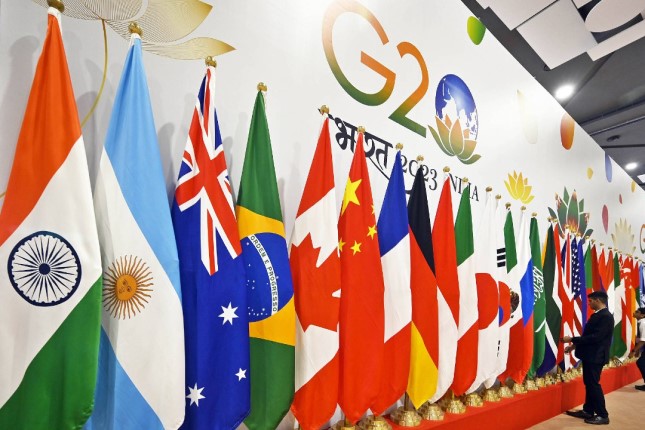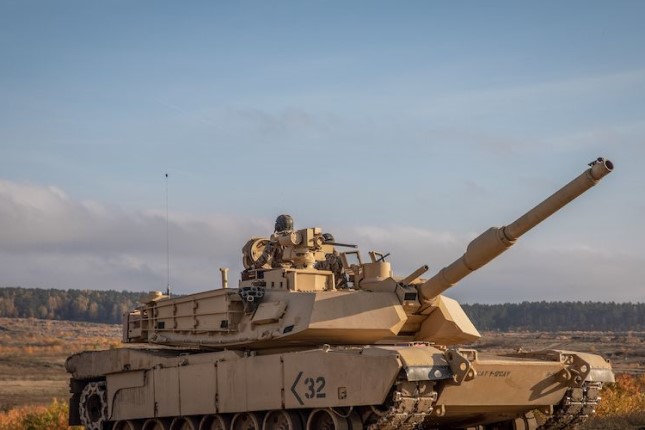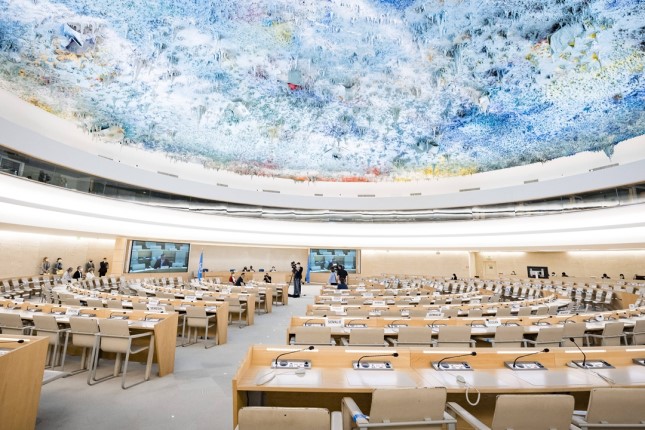Not only is it expected that the number of people traveling across regions in China during the Spring Festival holidays will exceed 2.3 billion, but also the box office revenue and audience numbers for Spring Festival films, as well as tourism achievements in many places, hit historic highs. Meanwhile, unique Spring Festival celebrations held in many places around the world have highlighted the increasingly global significance of the festival.
On the other side of the Eurasian continent, it is also during these days that NATO Secretary General Jens Stoltenberg announced a piece of data: It is expected that 18 NATO member countries will reach the target of spending 2 percent of GDP on defense this year. Stoltenberg made the statement before his departure for the Munich Security Conference (MSC), with a certain element of "testing the waters." Although he personally "welcomes" the changes among NATO member countries, in the eyes of the international community, this certainly does not imply "peace" or "harmony," but rather more vigilance and concern.
As an important annual forum for international strategic and security policies with significant global influence, this year's MSC opened on February 16 and will last for three days. Over 180 government officials, defense and military personnel, as well as security experts from around the world are attending. At the time of the conference, the current round of Israel-Palestine conflict has been dragging on for over four months, and the Ukraine crisis is approaching its two-year mark. The security anxieties plaguing the Western world have become even more pronounced. This is evident from the changing tones of the MSC over the past three years: In 2022, it was "Unlearning Helplessness"; in 2023, it was "Re:vision"; and this year, it is "Lose-Lose?". The explanation provided in the pre-conference report released by the organizers of the MSC is that the geopolitical and economic optimism of the post-Cold War era has vanished and at the moment, there is thus a real risk that more and more countries end up in a lose-lose situation.
The MSC is a place for "dialogue" rather than "action," but it advocates for the "Munich Rule" - "engage and interact with each other: don't lecture or ignore one another," providing a useful dialogue platform for the field of security, where different countries often find it difficult to compromise yet urgently need to cooperate. This is also the reason why the influence of the MSC is growing.
In general, the MSC, known as the "Davos of defense," has some valuable observations and reflections on the current international security situation. For example, the report of this year's conference points out that some countries adhere to zero-sum thinking and prioritize relative payoffs, leading to a "lose-lose" dilemma for the world, which is reasonable. However, the solutions proposed in the report, including suggesting that the transatlantic partners and like-minded states "invest in defense and deterrence while selectively restricting the pursuit of mutual benefits to politically like-minded states," are narrow-minded and limited, contradicting the goal of resolving the "lose-lose" dilemma.
In recent years, the Western world has become increasingly anxious about security, but the focus of the US and Europe is different. The US is mainly concerned about the decline of its hegemony, and its security concerns are relatively "illusory," while Europe is relatively more "realistic." This anxiety in Europe has been exaggerated and exploited by some "Cold War enthusiasts" and other ulterior forces, leading to a paradox where the more security is pursued, the less secure it becomes. If Europe could try to break free from this trap, move away from a Western-centric perspective, and look at the broader international community, it would discover that despite facing the same uncertain international situation, countries that do not rely on camp confrontation and their people actually have a more optimistic view of their own future security situation.
In this sense, the joyful and peaceful Chinese Spring Festival and the worried Munich precisely demonstrate the parallel scenes of the current world, both coexisting and evolving on the same planet. The lively celebration of the Spring Festival by the Chinese people reflects their fundamental and simple pursuit and anticipation of national prosperity and people's well-being. This enthusiasm reflects the continuous vitality of developing countries, including China, and even ordinary people in developed Western countries, in their pursuit of a happy life, as well as their genuine aspirations for world peace, stability, and development. This is not only the desire of the people, but also the trend of the times.
Therefore, at this MSC, the West has demonstrated its willingness to explore reforming the international order. The most crucial aspect is to have practical actions that align with the world mainstream's desire for peaceful and stable development. If the MSC is truly committed to "promoting peace through dialogue," it may consider focusing more on the East and the South, and draw some beneficial insights from China's Spring Festival, China's Global Security Initiative, and Chinese representatives' views on the global security situation. As a responsible major country, China will always maintain the continuity and stability of its major policies, and firmly act as a stabilizing force in a turbulent world.
Photo: Munich Security Conference (MSC) Chairman Christoph Heusgen speaks during the opening of the 60th MSC in Munich, Germany, Feb. 16, 2024 © Xinhua.
Source: The Global Times.
